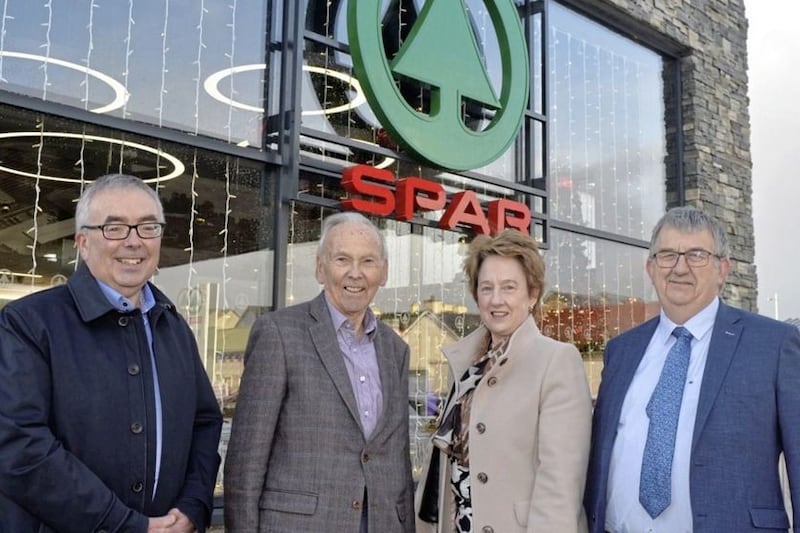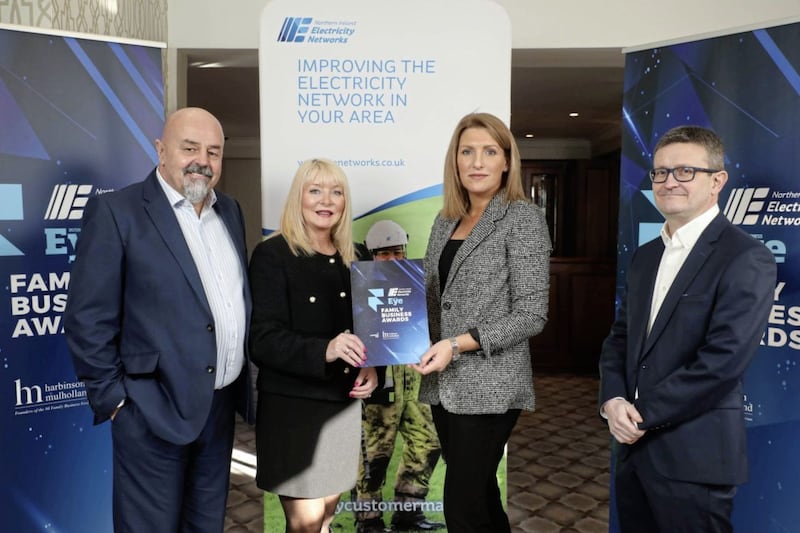DECADES of research demonstrates that genuine trust is built on three cornerstones: benevolence, or a concern for the well-being and fair treatment of others; integrity, or a commitment to keeping promises and doing the right thing; and competence, or an understanding of what skills are required to do the job and the ability to meet those skills.
Often in business organisations, leaders tend to emphasise their competence, while downplaying benevolence: letting people know that they’re intelligent, that they’re capable, or that they have the ability to act on whatever their intentions are.
But this approach alone can undermine trust. A key takeaway from the survey conducted by DCU Business School and Ulster University on family businesses is that during crisis periods benevolence may be even more important for leaders to emphasise.
Our data from 251 family firm members across the island of Ireland show that employees who felt that their leader genuinely cared about them during the pandemic were much more committed to their organisation and were more likely to go above and beyond their role requirements.
In one example, employees from a 200-year-old construction firm told us how their company provided a business support package to staff prior to the first lockdown.
“It afforded many employees certainty over a period of uncertainty,” according to one employee.
Others shared how their leaders sent regular video messages of support and issued ongoing updates with regard to reopening.
This approach led to “a sea change in attitude among employees,” according to one non-family member in a second-generation manufacturing firm.
“We now understand we need to do whatever it takes to attract new work and be more agile as a company—changing shifts, delaying holidays, working smarter,” she said.
On the other hand, when leaders neglected to demonstrate a benevolent, other-focused approach, employees felt undervalued and lacked motivation to contribute positively to the firm.
Consider one case where employees were ordered back to the office when public health guidelines still recommended a work from home arrangement.
Rather than a situation where an effective remote working policy was put into effect, this premature return to the office led employees to believe that their safety was not a priority for management.
During a crisis a leader's behaviours and actions are often under greater scrutiny. Good leaders must remember to establish trust with their teams, not only emphasising competence, but also benevolence and integrity.
When business conditions improve, valued employees will remain loyal to the business, in part because of the trust that has been established with them.
The full 42-page report, Surviving a Crisis as a Family Business, can be downloaded via https://www.harbinson-mulholland.com/news/180/read-our-family-business-report-here
:: Dr Catherine Faherty is assistant Professor of Enterprise at DCU Business School and associate director of the DCU National Centre for Family Business









